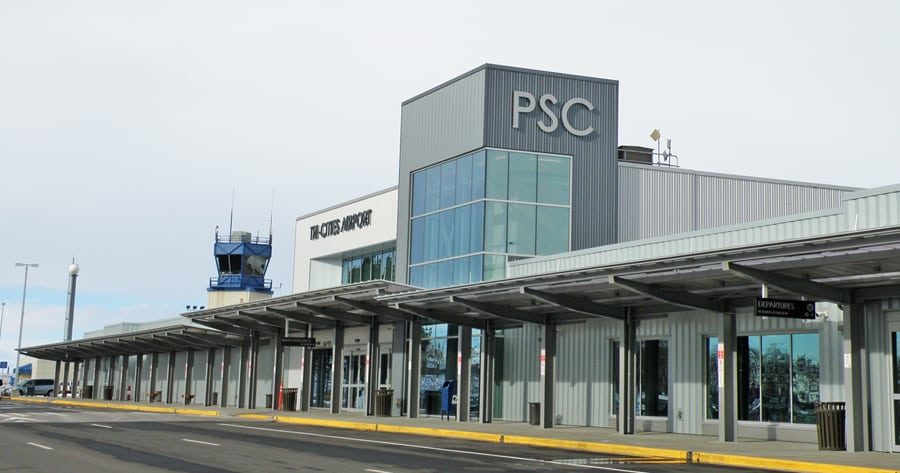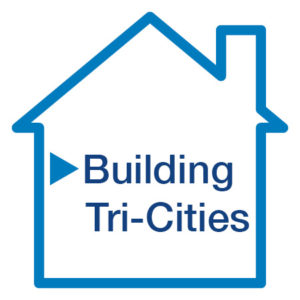
Home » Tri-Cities Airport completes expansion project
Tri-Cities Airport completes expansion project

February 14, 2017
The $41.9 million Tri-Cities Airport terminal expansion project doubled the size of the terminal to 110,000 square feet.
It added two new boarding concourses, reconfigured and modernized the airline ticket counters, moved the stairs and elevator to create a larger, more efficient security screening area, added a new space for Transportation Security Administration outbound baggage and screening equipment and expanded the secured boarding area to include a full-service restaurant, children’s play area and five new passenger gates.
The expanded Pasco airport is a vital economic driver to the Tri-Cities and surrounding communities, allowing for new flights to new destinations and opening new markets to regional businesses.
The airport itself is a big business. Commercial rents will generate about $1 million in revenue and employ 450 people
The airport, a Port of Pasco facility, is the fourth largest commercial airport in the state, serving a “passenger catchment area” exceeding 1 million people.
During World War II, it was a Navy air training station, and today, it is the regional gateway into the Tri-Cities.
The airport is served by four airlines that provide non-stop daily service for more than 700,000 passengers to nine major U.S. hubs, including Seattle, Portland, Denver, Salt Lake City, San Francisco, Minneapolis, Phoenix-Mesa and Las Vegas
The terminal was built in 1966, remodeled in 1986, and the recent expansion is expected to serve the region’s needs for the next 20 years.
The port broke ground for the expansion in September 2014 and the project touched every aspect of the airport terminal while the terminal remained open for business.
The project was funded from locally-generated money and federal grants, including:
• Increased fees for public parking, rental cars and airline landing fees
• Passenger Facility Charge-backed airport revenue bond, $24 million
• Airport cash reserve account, $6.8 million
• Federal Aviation Administration discretionary funds, $6 million
• Airport Improvement Program entitlement grants, $6.9 million
• TSA equipment grant, $7.8 million
With the expansion complete, the port’s future plans include using a $750,000 U.S. Department of Transportation grant to establish new daily air service to Southern California. The port, alongside the Tri-Cities Development Council, is marketing the route to potential airlines.
Building Tri-Cities
KEYWORDS february 2017





